Project Funding Breathes New Life into Monitoring Greenland's Seafloor
23.11.2023The Greenland Climate Research Centre and the Greenland Institute of Natural Resources have received funding of DKK 17.2 million for ..
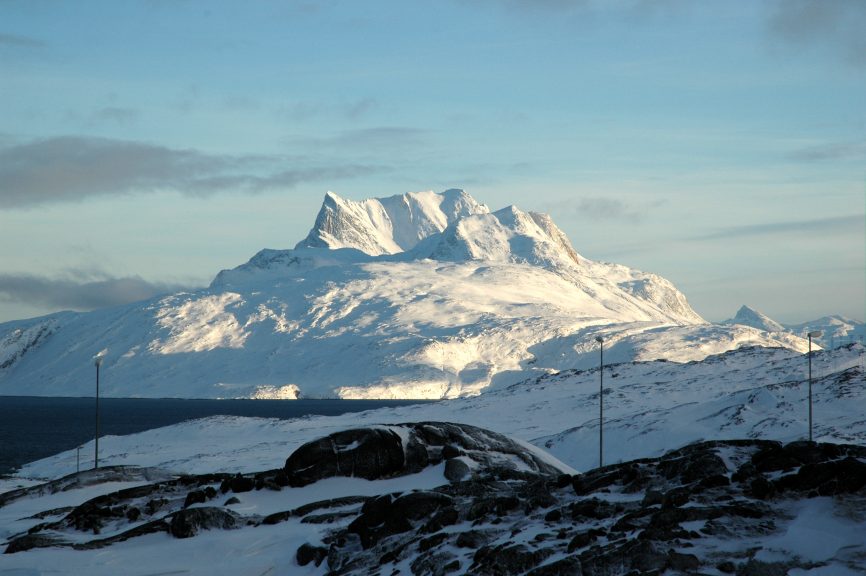
To apply for courses in the Arctic Science Study Programme (ASSP), please complete the “Student Information” form below. After submitting the completed form you will receive an e-mail with details on how to proceed with register for the courses and other practical information.
The ASSP offers graduate (masters) and PhD level courses. The courses in spring form one full semester (30 ECTS). Applicants applying for a full semester are given priority, however, it is possible to apply for single courses. You can find more information about the courses under Arctic Science Study Programme (ASSP).
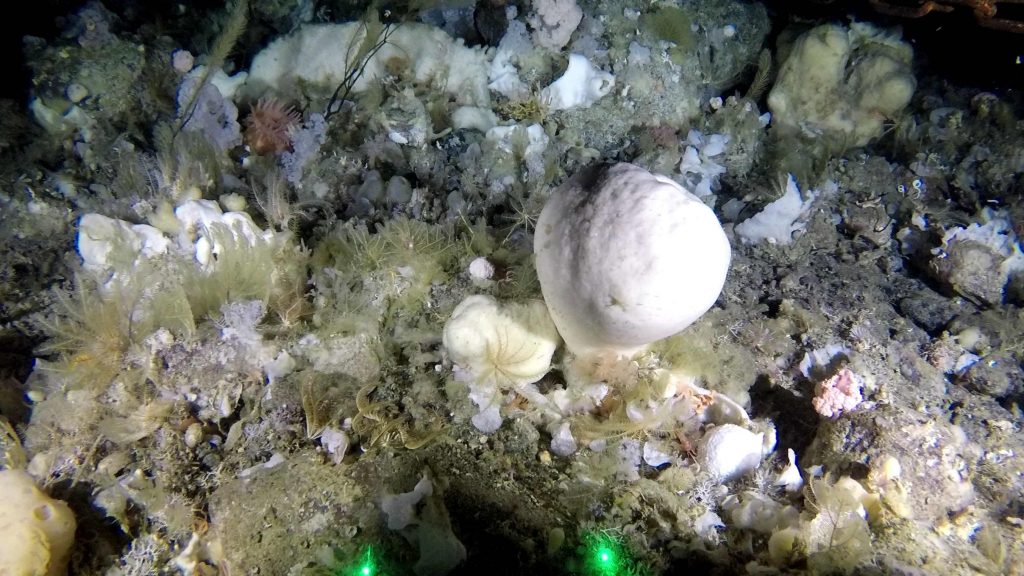
A special issue of Polarfronten about Greenland’s biodiversity was released on November 29 with several articles based on GINR research. GCRC has established an extensive research program with focus on the seabed surrounding Greenland. Two articles in Polarfronten give insight into this ecologically important component of the marine ecosystem with many fascinating life forms and extreme species richness. With increasing human activities in a warming Arctic, this research is crucial to facilitate knowledge-based management of pristine seabed habitats, as illustrated with a recent fisheries closure in Melville Bay
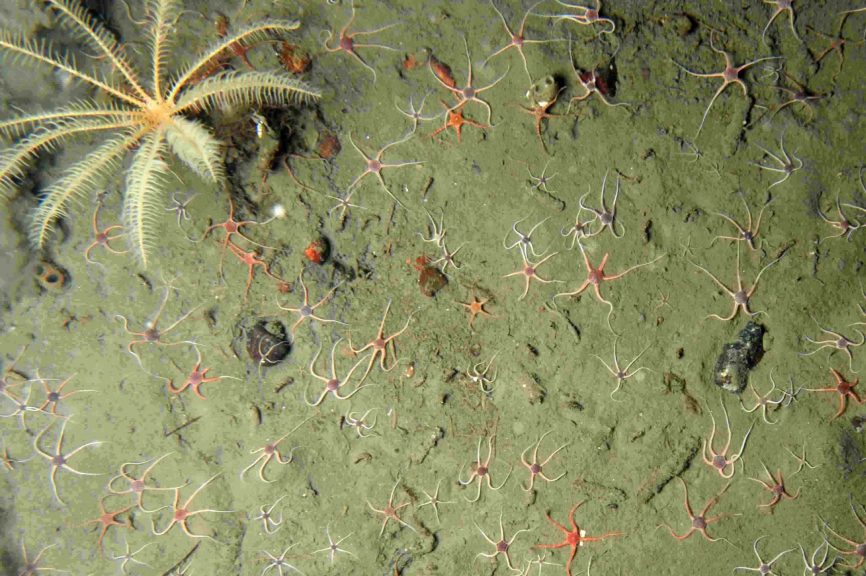
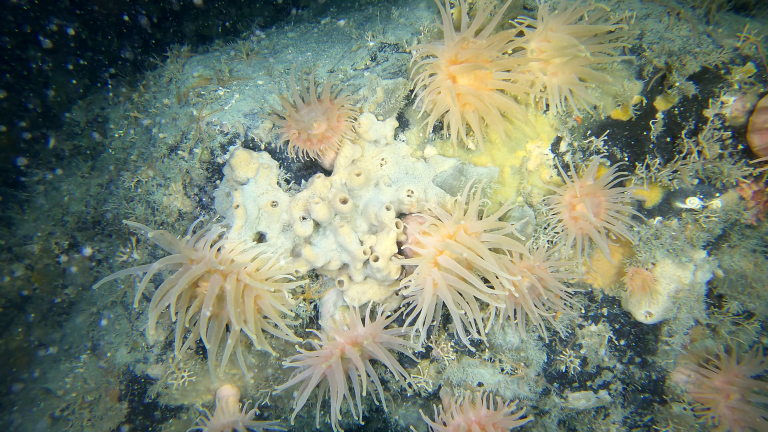
The Greenland Climate Research Centre and the Greenland Institute of Natural Resources have received funding of DKK 17.2 million for ..
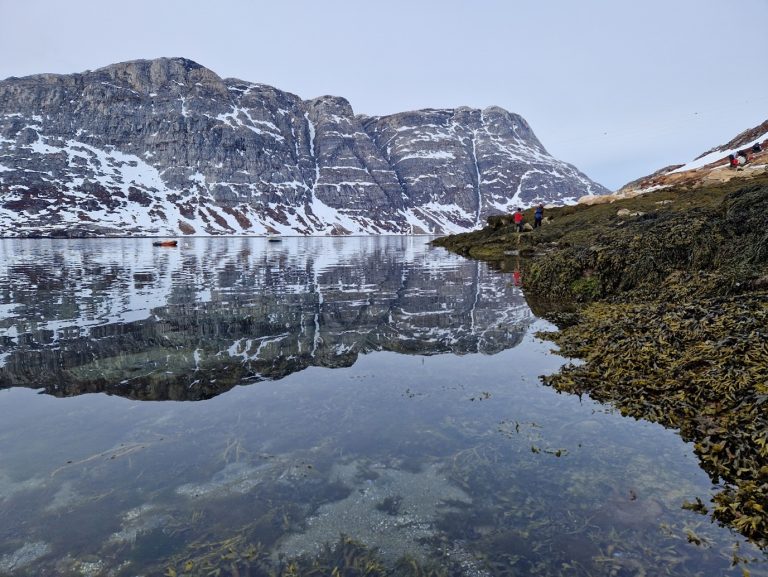
Macroalgae or seaweed are dominating rocky coastlines globally. Even here in Greenland, we can see small kelp such as the ..
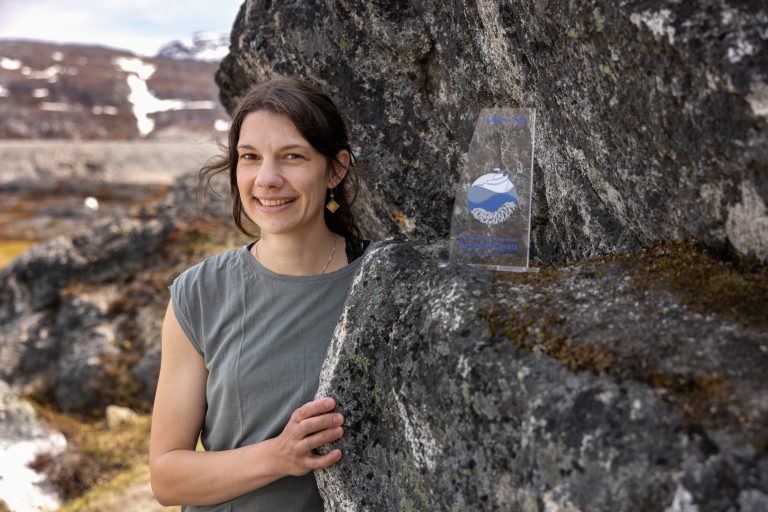
The dark, cold deep sea harbors many unseen treasures, one of which is corals that most people only associate with ..